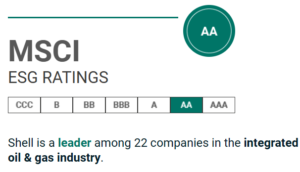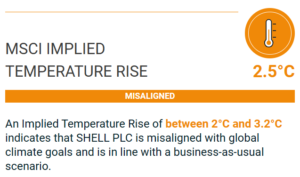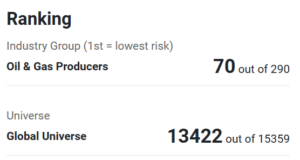Shell plc has released its Energy Transition Progress Report 2022, demonstrating that it has accomplished its climate targets as part of its energy transition strategy. The report will be presented to shareholders for an advisory vote on May 23, 2023, at Shell’s Annual General Meeting.
Shell’s net carbon intensity of energy products sold by the end of 2022 had also decreased by 3.8% from 2016. Using statistics from the International Energy Agency, the company found that the global energy system’s net carbon intensity declined by about 2% throughout that time.
The study details significant initiatives taken by Shell to progress its energy transition strategy. They include major investments in liquefied natural gas (LNG). Shell intends to be a significant component of the energy mix for many years, owing to its role in decreasing emissions from power generation and transportation, said the press release.
Shell’s $1.6 billion investment in Indian renewable energy producer Sprng Energy and the final investment decision on the Holland Hydrogen 1 project in the Netherlands, which will be Europe’s largest renewable hydrogen plant, are among the other stages. Shell also announced a $2 billion acquisition of Denmark’s Nature Energy, which produces renewable natural gas, in 2022. This transaction was finalised in early 2023.
Shell also raised the number of electric car charging sites it owned or operated globally by 62% in 2022, to about 139,000, up from 86,000 the previous year.
This advancement comes when the energy sector is still facing issues, with rising energy prices contributing to a cost-of-living crisis for many people. These problems have underlined the importance of a balanced energy transition: the world reaches net-zero emissions while ensuring a reliable and affordable energy supply.
At Shell’s 2021 Annual General Meeting, its energy transition strategy was submitted to an advisory shareholder vote, and it received 89% of the vote. In addition, over 80% of shareholders who voted at the 2022 AGM welcomed its efforts in achieving this goal.
“In this report, we show the progress we have made towards becoming a net-zero emissions energy business by 2050, as we continue to supply the vital energy the world needs during a time of great volatility,” said Wael Sawan, Shell’s Chief Executive Officer. “I am especially proud of the progress we have made in reducing carbon emissions from our operations, with a 30% reduction by the end of 2022 compared with 2016 on a net basis.”










